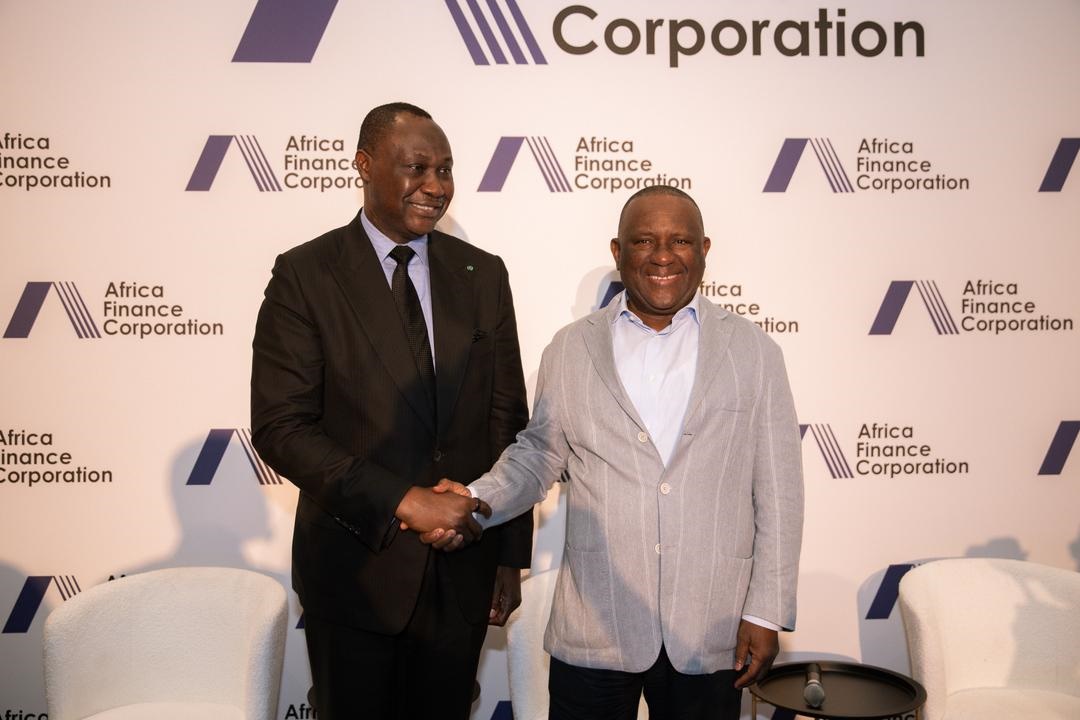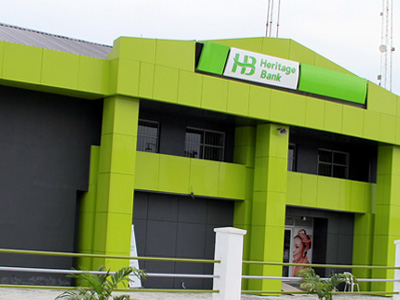
Kennedy Uzoka, group managing director of the United Bank for Africa Plc, says the regulatory permission by its London subsidiary to carry out Wholesale Banking activities in the UK is another step to truly becoming Africa’s global bank, providing support to customers across the real sector of the continent’s economy.
A statement by the group said the upgrade of UBA Capital (Europe) Ltd to United Bank for Africa (UK) Limited, makes it only Sub-Saharan African bank to conduct banking activities in New York and London, as well as in 20 other countries across Africa.
The statement quoted Uzoka as saying: the “authorisation strengthens our capabilities in meeting the growing cross-border financing needs of our customers. It enhances our customer coverage and product offerings whilst positioning our group as an optimal conduit for trade and foreign investments into and across Africa as well as export flows to the United Kingdom.
“Importantly, the licence will enable us to fulfill our aspiration of deepening financial intermediation in Sub-Saharan Africa and providing the much-needed financial support to the broader real sector of the African economy,” he added.
Andrew Martin, CEO of United Bank for Africa (UK) Ltd, also described the enhanced positioning of the group as timely, coming “at a time when the UK is seeking to expand trade and broaden economic ties with Nigeria and Africa in general.”
Following the authorization, UBA (UK) will in addition to a full suite of treasury services, cash management, corporate lending and wholesale deposit offerings to professional and eligible counterparties, plans to extend its operations “to all aspects of trade finance; issuance, acceptance, confirmation and refinancing of Letters of Credit of different variations, including SBLCs.”
The broader licence is also expected to help in the group’s determination to broaden its earnings and profit, by especially growing the contributions from its operations outside of Nigeria.
At the end of 2017 full year, for example, the group’s revenue grew 20% to N462bn, a third of which is attributable to non-funded income, even as subsidiaries outside Nigeria contributed a third of the group’s top-line and 45% of profit for the year, which the management described as a remarkable improvement from the 31% made in 2016.















